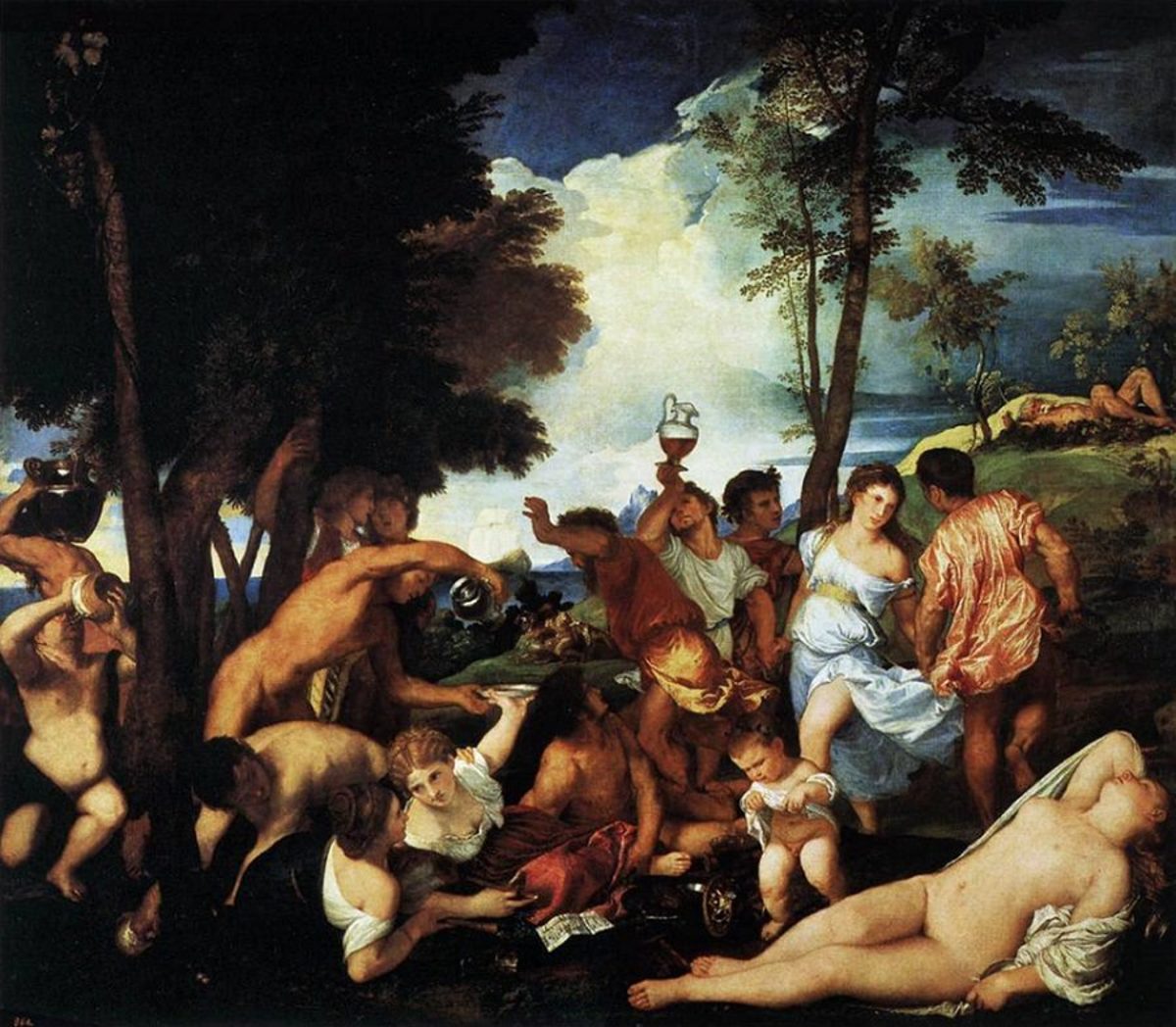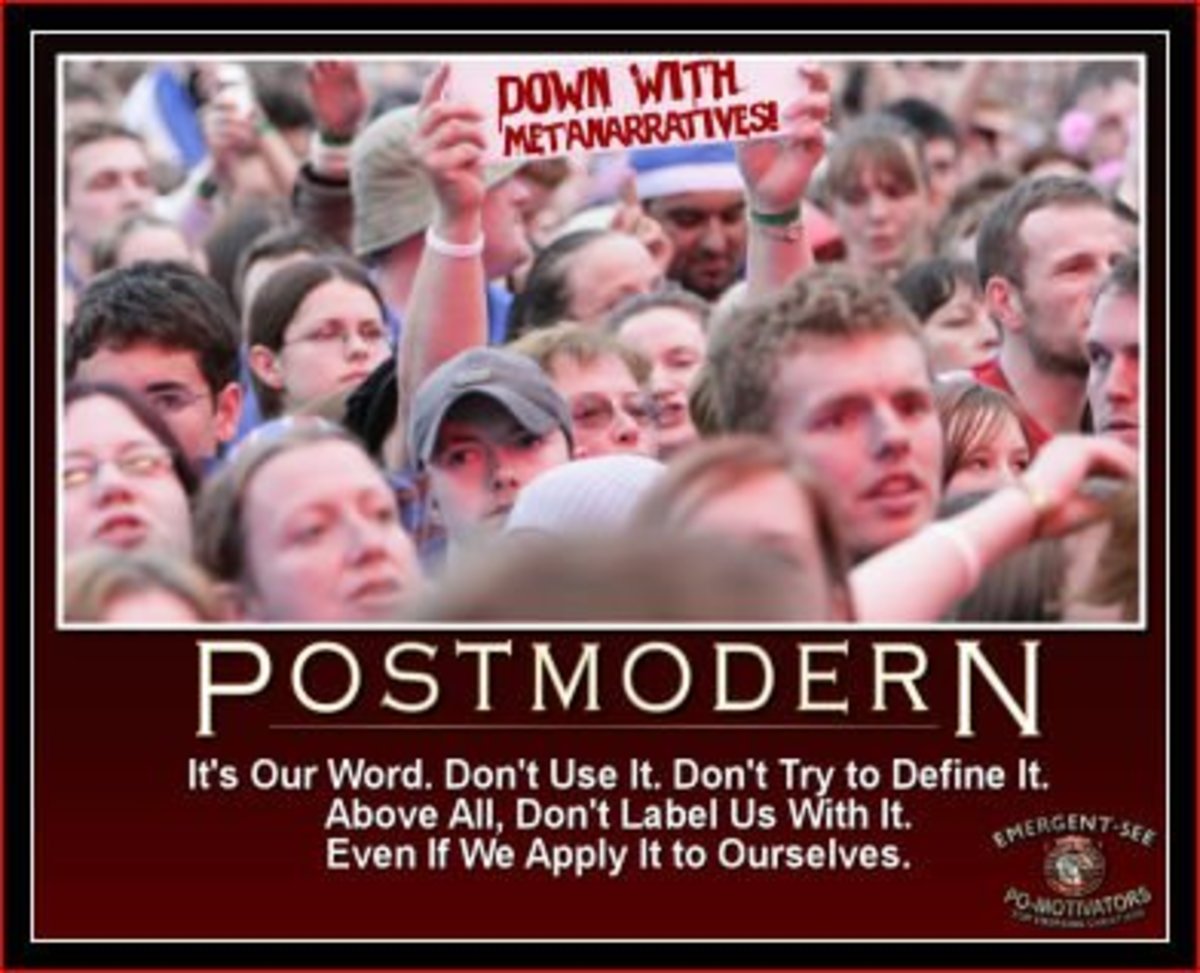Religion in Society

Religion has an effect on society, and vice versa.
Religion has held an important role in society since the beginning of civilization. Anthropologically, religion has such power in the minds of humans that it has, to a large extent, shaped the way the modern world has developed. Religion formed the original blueprint for many countries, including America. Conversely, culture and location can influence religion to a certain degree. Depending on the culture, a specific religion can be diversely different between countries, such as the way Buddhism is very different in China and Japan. Three important sociological theories are Functionalism, Conflict Theory and Symbolic Interactionism. This hub will explain these theories and evaluate what impact these theories have on religion, and what effect religion has on them.
Structural Functionalism is a theory which asserts that society is like a living thing, where the total organism contributes to its survival. The people and institutions in society act as a collective entity which works to maintain the stability of the society and to meet the internal needs of the greater whole. Social cohesion is maintained through solidarity of purpose, everyone working in automatic functionality towards the maintenance of society. Everyone performs different tasks but there is a strong interdependence between the members of society, who rely on each other to ensure their continued existence over time. This is called organic solidarity, a type of social cohesion where people are bound to each other through mutual necessity, none of them able to survive without the participation of the others. The name comes from the metaphor of the organs of the body, all of which are needed to survive.
Structural Functionalism affects the way religion plays out in society in several ways. For instance, religion helps maintain social stability. One example of this is that rituals can help members of society deal with the stress of everyday life. It can give people a sense of security during uncontrollable situations, such as when a loved one is ill. Praying during a crisis tends to make people feel better, because they feel they are being pro-active. Prayer is a personal plea to God and it makes people believe they can exert some sort of influence over events. When the result is positive, people will say, “My prayers were answered,” making them feel that they exhibited some control over the outcome, rather than being a helpless pawn of fate. Too many people feeling hopeless and powerless would be detrimental to society.
Praying in groups during a national crisis is another way that religion promotes social solidarity. Religion is a response to the psychological needs of society in moments of anxiety. In a situation like the 9-11 attacks or Hurricane Katrina, mass prayers are seen by many as a course of action which will help the situation and preserve life. Churches will devote entire services to praying for the souls of the fallen and the families they left behind. This may be done in desperation but it can also be considered being pro-active because they believe that it will help. Religion provides people the strength to face life through social support and a sense of group belonging.
Religion serves society also by minimizing the fear of death all people have. Fear of our own mortality has been human kind’s greatest terror since our race began. Religion and the belief of the afterlife helps people circumvent that fear by envisioning life as the first step in a longer cycle. The concept of an immortal soul means that we go on forever and don’t vanish from existence after 80 or 90 years. It’s been said that even if God doesn’t really exist, the human race would create him because they need to believe in him.
Rituals comfort the bereaved. Funerals, wakes, tributes, memorials and other rituals ease the pain of the loss of a loved one and take our minds off thoughts of death. Religion is necessary to stem a sense of futility which might come from thoughts of the impermanence of our lives and can undermine social stability. On the opposite end of the spectrum, religious rituals are also part of birth and of growing up, as well.
Religion is seen in a positive light because it is thought of as promoting harmony. It promotes solidarity between certain groups. People who believe in the same things feel a unity with those who believe as they do. Just sharing the same church with someone else can bring a sense of unity with them. Religion unifies the population around the same rituals, values and beliefs. Many people see the 1950s as a time when the whole of America was grounded by the same Protestant morality.
Religion also legitimizes the values of society. Americans believe in the Christian work ethic and the 10 commandments. Much of the American culture and morality comes from its Puritan roots. Therefore, our rules and ethics do not seem like a series of mandates set down by a group of men 200 years ago. The rules we live by seem to be based on the wisdom of a higher authority.
Conflict Theory is a social theory that contrasts with the theory of Structural Functionalism. This theory maintains that society is best understood in terms of competition, rather than cooperation. Society, according to this theory, is made up of individuals competing for limited resources, such as money, land, sexual partners and other things. Social structures and organizations reflect the competition for resources by their very equality. Some people or groups have more than others and use it to their advantage. Individuals and organizations that benefit from the status quo want to maintain it. Inequities in power and reward are built into all aspects of society. This is how the rich control the poor. This theory is predicated on the fact that in every situation, someone benefits and someone loses.
Conflict Theory works better than Structural Functionalism in explaining social change. Change comes about as the result of conflict. By its nature, functionalism maintains the status quo by everyone doing what they are supposed to be doing. Conflict theory brings about a change to society, preferably a useful one, when people refuse play their role. There are religious parallels to this. A few decades back, people used to hide the fact that they were Jewish. 200 years ago, the pilgrims left England and started a new Protestant country because they didn’t want to continue with the Catholic status quo.
Religions can lead to conflicts and competition between practices, denominations and sects. Throughout human history, religion has been the cause of strife. The Holy Crusades, the Spanish Inquisitions, the Salem Witch Trials, Northern Ireland, the Middle East and many others examples demonstrate that religious conflicts are endless. The function of religion has been criticized with respect to this basic inherent tendency of war in God’s name, regardless of the contribution of religion to the survival of human cultures. However, conflict is useful as an instrument for social change. Changes never come about without conflict and religion is a long proven source of conflict between certain groups.
These religious battles are an unavoidable outgrowth of conflicts that are natural to society. Religious conflicts equal social conflicts. Since culture is played out by different religious communities, group identifications will overlap with religious identifications. Certain religions will be irrevocably connected to certain groups. For instance, the Republican Party is indelibly linked to the Christianity. The GOP is often guided by the bible and they are frequently criticized for bringing too much religion to government. The Tea Party is inseparable from Christian fundamentalism. Theological differences can magnify preexisting social, political and economic differences.
Religion can give divine sanction and justification to social inequality. It can affect social status, especially in a place where one religion is dominant. This situation happened quite a lot in the Middle East. The dominant group enjoys a greater social status and the other group, which is of a different religion, is downtrodden.
The idea behind Symbolic Interactionism is that human actions and interactions are understandable only through the exchange of words or symbols that have a common frame of reference for all concerned. The way people in society interpret every day forms of social interactions and the meanings they gives to objects determines how they will act and react. Humans are the only creatures that have the ability to interpret what they see and hear, depending upon individual or societal views. According to this theory, the objective world has no real meaning for humans except for the subjective definitions we give to things.
To understand religion in terms of Symbolic Interactionism, we must understand our sacred symbols and what they represent. A cross, the Star of David, a Buddhist Mandala, a crucifix and all the other religious talismans that we know help define us. Our belief in these religious iconic objects is very engrained in us because of centuries of being told what they stand for. We have a visceral reaction to these things because we’ve been conditioned to do so.
Ancient tribes would worship various different totems. They made these objects sacred and ornamented their shields and artwork with them, making the totem a part of their culture as well as a symbol of their deity. These totems were the symbol of both society and of God. Some cultures still do this today, believing that just as God is superior to man, so is society, and therefore they have the same symbol. This can still be seen in Israel, where the Star of David is both a symbol of the country as well as their religion.
Most cultures have separated church at state, at least officially, and religious icons are meant to be a separate thing from the culture. For Christians in America, worshiping the flag and worshipping the cross are two different things. The Puritans might not have thought that way when they first came here but modern thought has mostly moved away from that belief. People will love their home but they’ll only worship God.
Surely, most societies today would ask why they should worship society. As the division of labor expanded and people became more individualized, people eventually ceased to see society as supreme, therefore they needed something greater to worship. As the worship of society fades, the worship of something else beyond than ourselves becomes necessary to fill the void.
Looking at how Symbolic Interactionism can lead to changes in society requires a more philosophical approach than Structural Fundamentalism and Conflict Theory. How can our interpretation of religion and its symbols lead to social change? If the meaning of objects according to this theory is subjective, then the only way the effect of religion could change for society is for the view of religion to change. Mainstream religions have been slowly losing membership in the United States for the past 20 years. More and more people are delving into alternate spiritual practices (such as Wicca) or Eastern religions (such as Buddhism) or abandoning religion completely.
For a country founded by religious pilgrims, this seems like an unusual and unexpected trend. Christian leaders talk about the crisis of faith or the decline of morality that is causing more people to forgo the once default religion in this country. What’s changed the way Americas think about religion in this country? Why doesn’t it mean as much as it used to?
It’s possible the American view of religion changed when more Americans were exposed to other religions. As alternate religions grew, Eastern religions arrived and Jewish people stopped hiding, we started to hear complaints and alternatives about Christianity. Not only was it acceptable to publicly criticize Christianity for the first time, people also had more options. Their parent’s religion was no longer the only game in town. All this started to change the way that Americans think of religion. Where it once was normal and expected that a politician would talk about God, now many people have become skeptical of this kind of talk. Whereas Christians once dominated every aspect of the country, they now talk about being under siege. This is all due to a simple alteration in the way Americans perceive religion today.
Religion will likely always be a part of human culture. Anthropologically, it is too engrained in us and too necessary in so many ways for it to vanish. Whether looking at it as a necessary part of a functioning society (Structural fundamentalism), an instrument of change through conflict (conflict theory) or the symbols that define us (Symbolic Interactionism) we have to accept that religion is as big a part of our culture and history as law, literature and anything else. Looking at it from the other side, religion is not immutable and it can be changed by socio-cultural influences.







